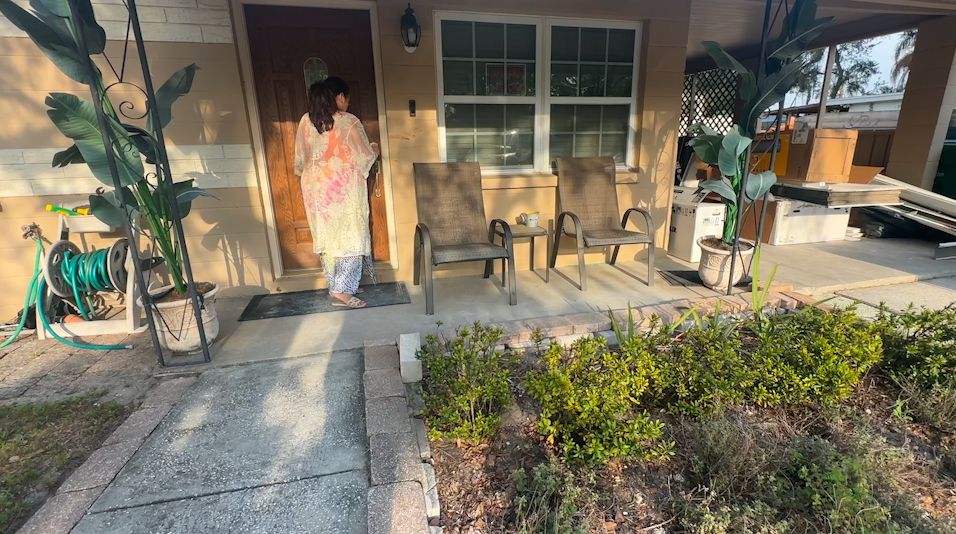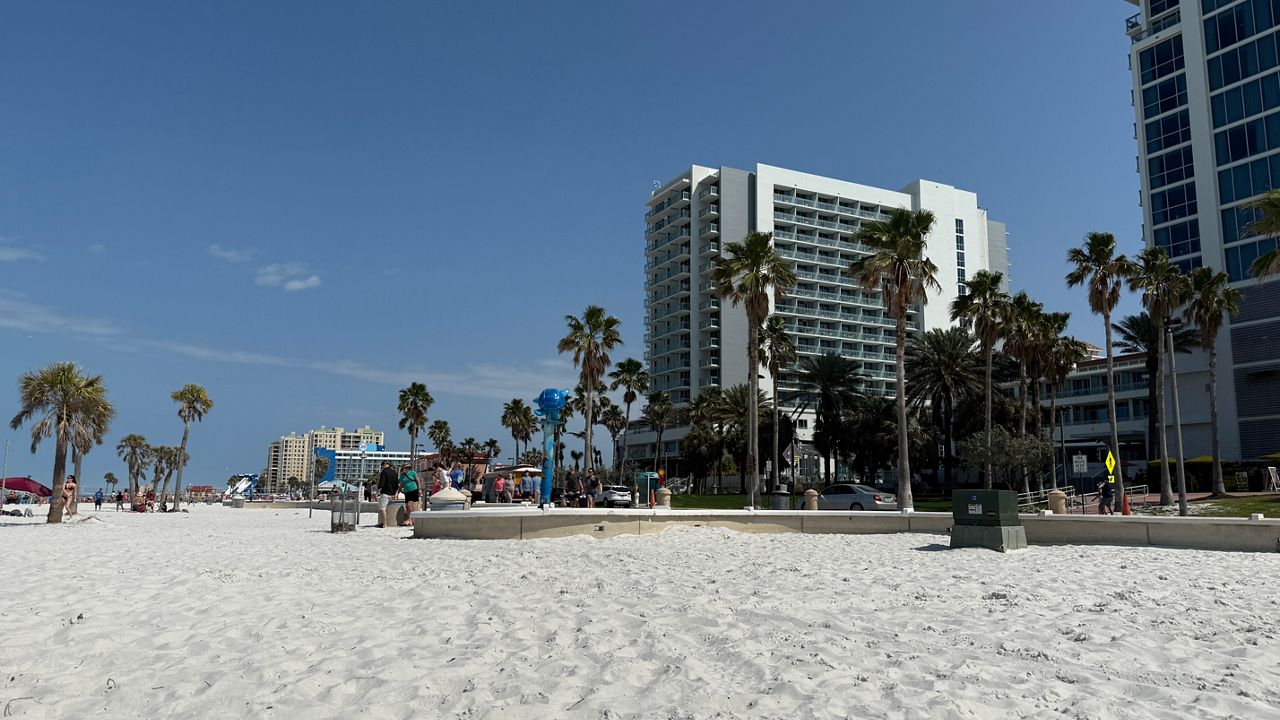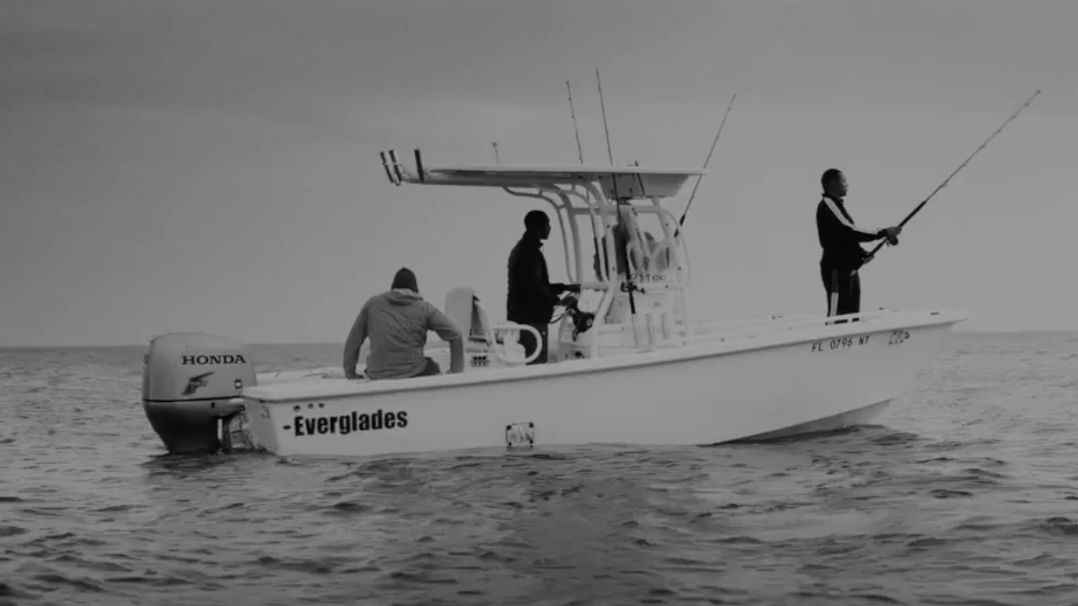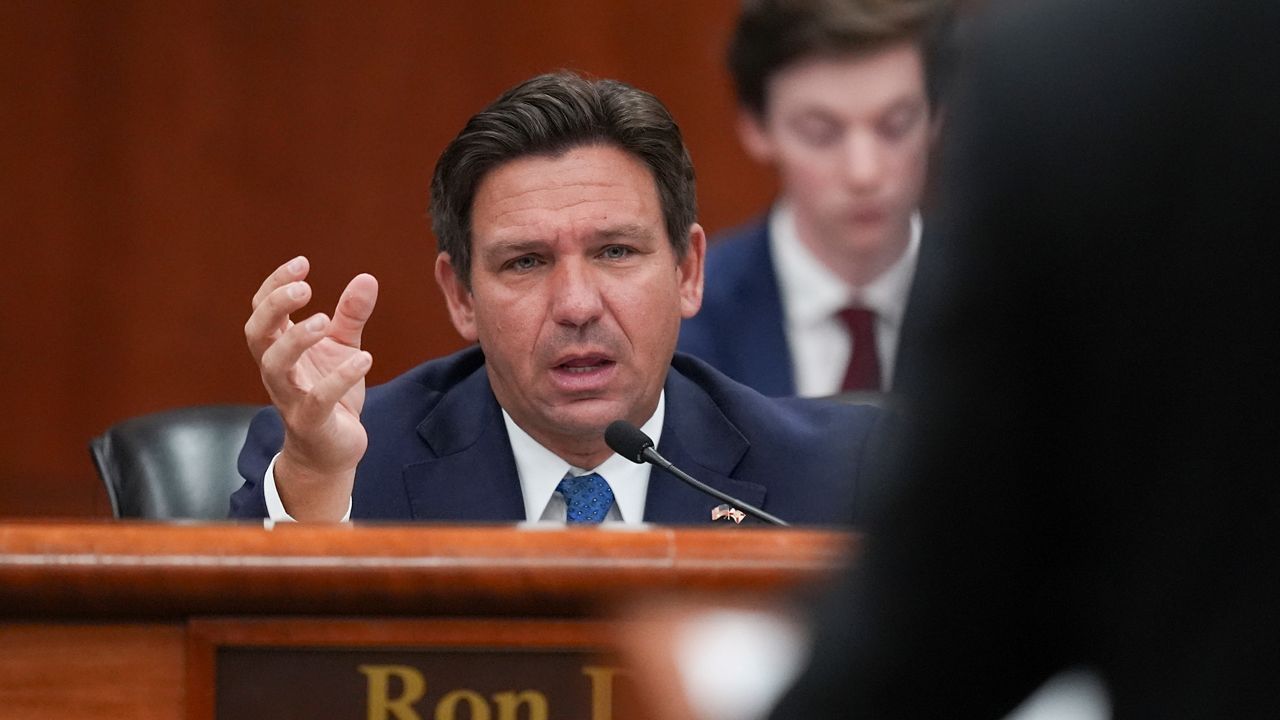What does change look like? Last summer after the death of George Floyd, the streets of cities across the country were filled with people demanding justice and fair treatment.
What You Need To Know
- Spectrum News spoke with people across the country on the anniversary of George Floyd's death
- Floyd’s death and the protests that followed became a flashpoint in many cities
- The protests have stopped, but many say more work still needs to be done
- LIVE UPDATES: One year anniversary of George Floyd's death
But what happened after the protests stopped? A year later, has anything changed for the Black community? Well, that all depends on who you ask. We asked people from all over the country.
Like former Buffalo, N.Y., police officer Cariol Horne. She described how Floyd’s cries haunted her after watching the video of his death.
“My initial reaction was, I was hurt, because I knew it didn’t have to happen,” Horne said.
Especially if a law she drafted five years earlier, called "Cariol’s Law,” had been passed nationwide.
“When it happened, people who had known about my case, they basically said, 'Hey, there’s an officer in Buffalo, New York, who was fired for the same thing that we want other officers to do.' George Floyd wouldn’t have been dead if we had a Cariol Horne,” she said.
Horne lost her livelihood after doing what she says should’ve been done in George Floyd’s case. She stepped in to prevent a white officer from placing a chokehold on a Black suspect.
“I was fired because I stopped police brutality. In my case, Neal Mack could’ve been a George Floyd or Eric Garner, but he wasn’t,” Horne said.
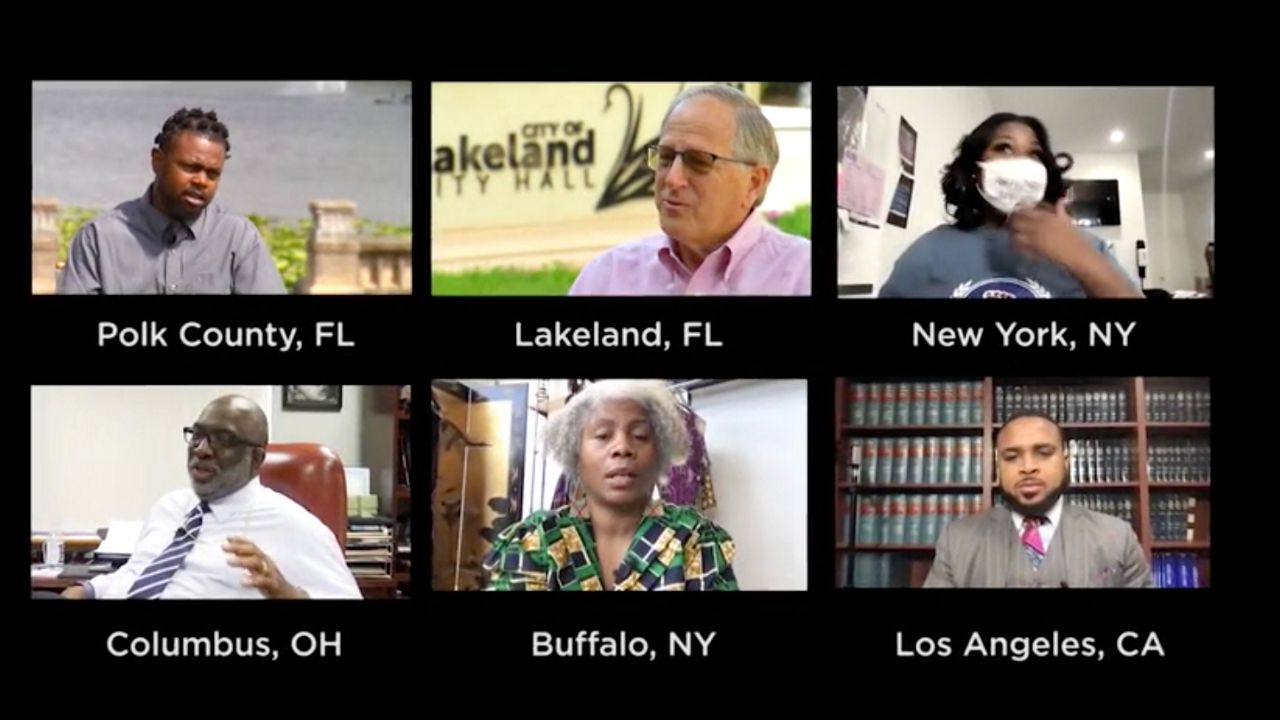
One year after George Floyd's death, we spoke with people across the country about changes they have seen.
After Floyd’s death, Horne’s case got picked up again. This time, Buffalo’s city leaders passed Cariol’s Law. And after fighting for years a judge just ruled in her favor, allowing Horne to reclaim decades worth of her pension she had lost.
But even with that kind of progress, in the eyes of California activist and defense attorney Jaaye Person-Lynn, the justice system is still not fair to African Americans.
“When I look at the government’s action, I look at the numbers," Person-Lynn said. "That’s when we know if there’s been changes made, and when I look at the numbers I just don’t see those changes made.”
Brigette Brantley said the changes have also been slow in her community in the Bronx.
“We went from the councilman in my community not even wanting to have a conversation to now having a conversation,” Brantley said.
But that was only after riots and protests in the city. Spectrum News first met Brantley at a protest, and her comments about looting got a lot of people talking.
“This is what sick and tired looks like," Brantley said last year. "Unfortunately, these are multi-million dollar corporations that got insurance. So no offense, but they’ll be alright.”
George Floyd’s death and the protests that followed also became a flashpoint for leaders in Lakeland. The Florida city, like many, has a troubling past when it comes to the KKK and race. It's something the city’s mayor, Bill Mutz, said they’ve worked hard to change.
“We have an opportunity to do with our hands what we say with our mouths, and the consistency comes from our hearts," Mutz said. "And to do anything less is not to have been properly motivated (after) what happened in that gruesome death that we all witnessed with George Floyd."
The city launched its Lift Lakeland initiative, an economic, educational and civic involvement plan that added the voices of leaders from Black Lives Matter Restoration Polk Inc. after the death of George Floyd.
“Over the course of about a year and a half, leaders in the community were meeting with Mayor Mutz and different commissioners to express their concerns," said Black Lives Matter Restoration Polk Inc. President, Jarvis Washington. "And a lot of these backroom meetings would just follow with, 'OK, we’re gonna meet again this day, we’re gonna meet again this day.' And, you know, until America was on fire with George Floyd then it was like, 'Hey we can’t keep having these back door meetings, let’s pull together all of these resources.'”
“That’s what I feel like the Lift Lakeland initiative would be. It would be that bridge, that gap between our actual initiative and our actual plan and agenda and what the city can do to help fast forward that plan.”
It’s a plan to elevate and improve the Black community. A plan faith leaders like Pastor Timothy J. Clarke said is needed for real change, especially when police-involved shootings of people of color continue. In the last year alone, Clarke eulogized three of those funerals for Casey Goodson Jr., Andre Hill and Ma'Khia Bryant in his Columbus, Ohio church.
“I feel in many ways brother Goodson and Ma’kiah were the two toughest for me because my wife and I lost our oldest daughter in January 2019 suddenly, unexpectedly. So as a parent, watching their parents grieve their death, touched home,” Clarke said. “Bruh Hill was a good man doing a favor during the Christmas season and his life got snuffed out because this became an issue and that hurt as a Black man.”
But even with the loss, pain and trauma a year after the death of George Floyd, Clarke said there’s still hope. Some of the events of the last year have proven that, he said, like the conviction of Derek Chauvin on all three counts.
“I held out hope for one, I could’ve never dreamed all three,” Clark said. “And then you look at the Black Lives Matter movement and the grassroots movement that began of people almost like the civil rights movement or what we call the modern civil rights movement, and what that has done. And then you look at a Raphael Warnock and a Jon Osssoff and you look at a Kamala Harris, all within that year. “
He admits, though, there’s still a lot of work that needs to be done.
“History, in some ways, is the only thing that gives us hope. That if our ancestors, our mothers and fathers could survive, then we can as well,” he said. “The late congressman John Lewis often when talking to young people would say, 'I know it’s difficult, I know it’s hard, but if you don’t think things can change and if you think people can’t change and that people can’t change things, look at me.'“







